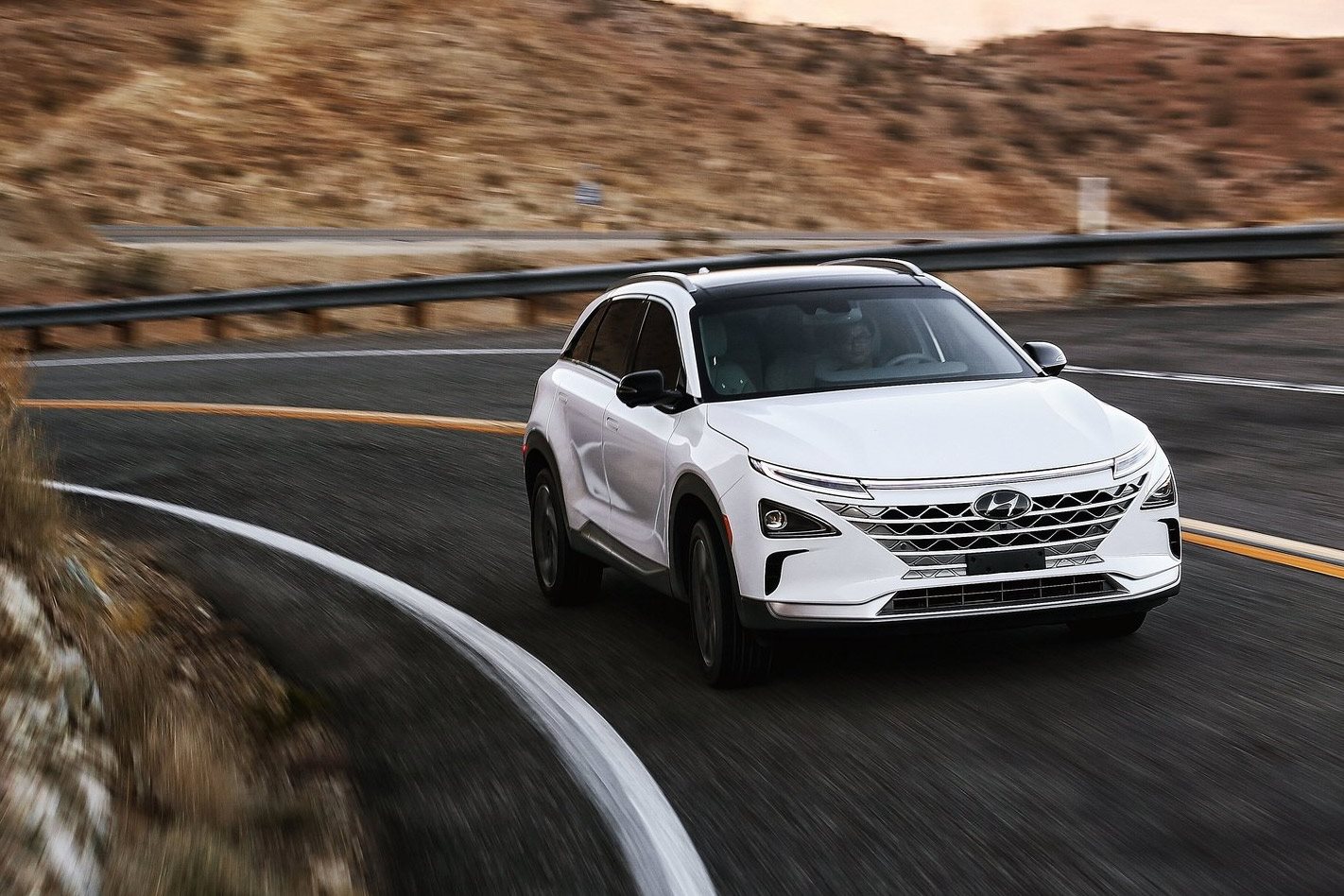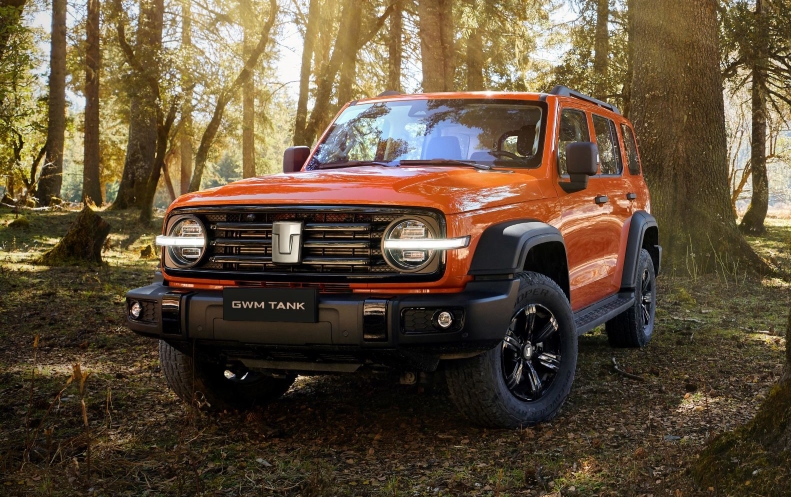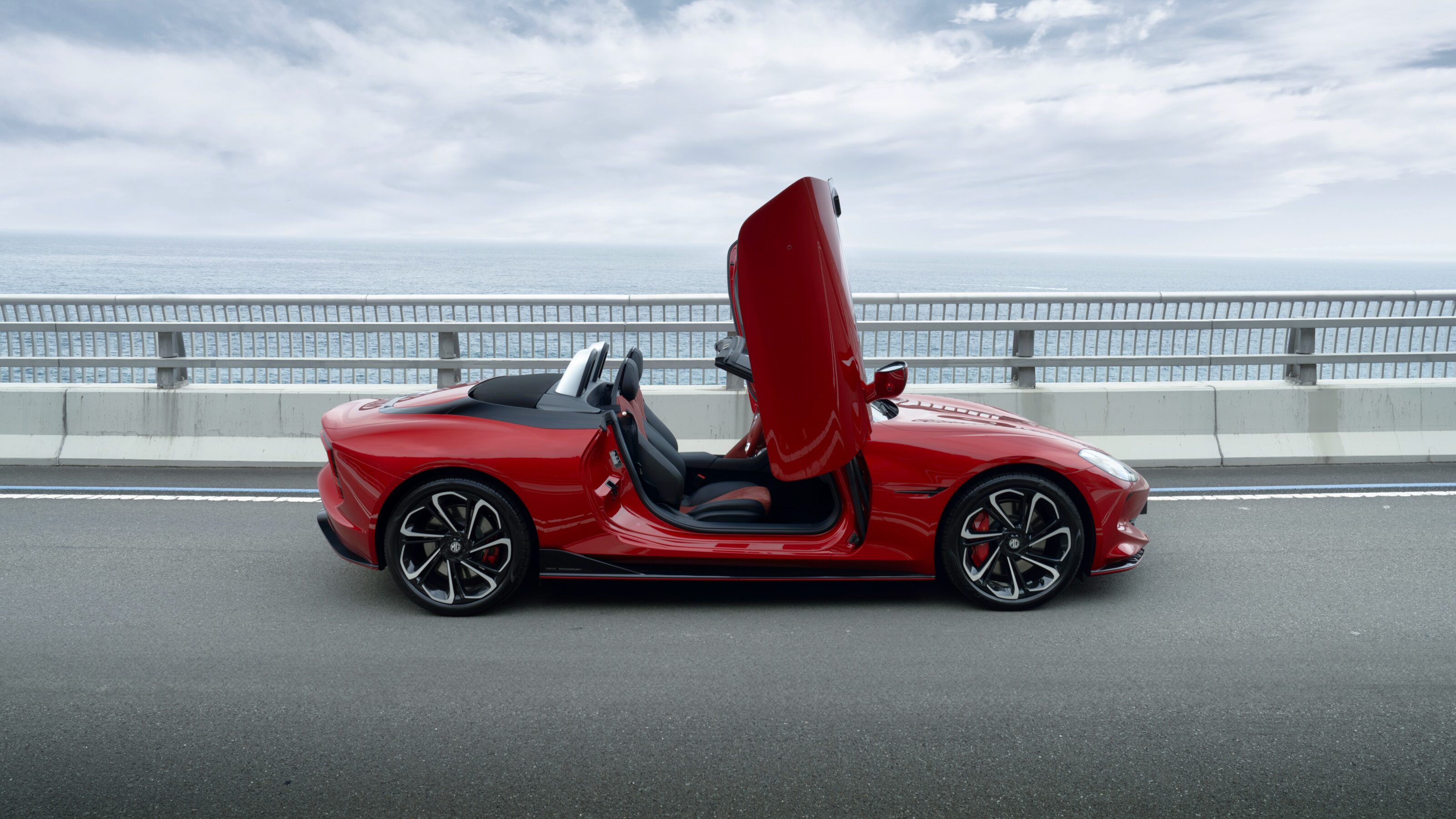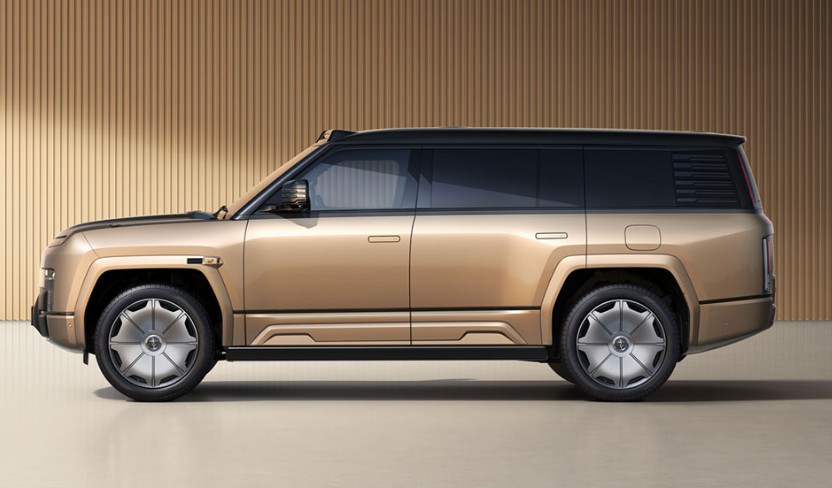HYUNDAI predicts 2030 will be the tipping point when hydrogen powered cars achieve price parity with EVs and begin to enjoy mass-market sales penetration.
Hyundai’s perseverance with hydrogen as a fuel of the future has seen some experts criticise the company’s lagging EV development, though the VP of Hyundai’s eco technology centre, Kisang Lee, told Wheels hydrogen remains the most viable fuel source for the future due to its long range, zero emissions and fast refuelling times.
“The ultimate goal in the eco-friendly vehicle is hydrogen,” said Lee. “We are doing pure electric vehicles, but we are prepared for hydrogen to be the next future. Around 2030 the system cost of hydrogen can be more comfortable for pure electric vehicles.”
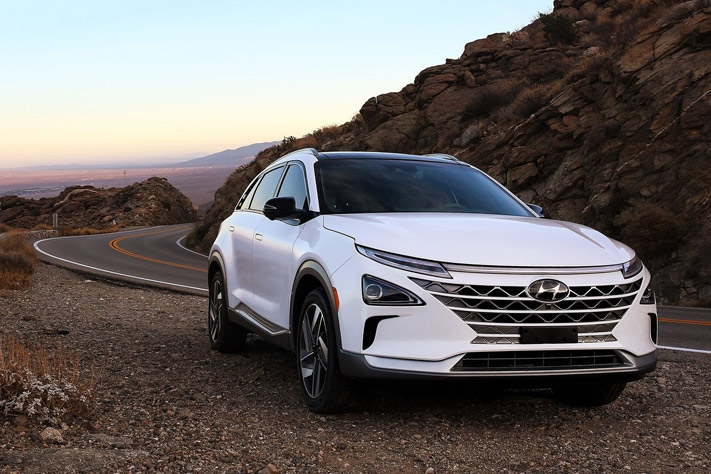
Currently only Hyundai, Toyota and Honda build hydrogen-powered fuel cell vehicles and global sales are small – Australia is yet to record a single hydrogen fuel cell sale – with a lack of infrastructure the biggest hurdle.
Price presents a barrier too, with Hyundai tipping its new Nexo SUV could cost between $80,000-100,000 if it is offered for public sale later this year.
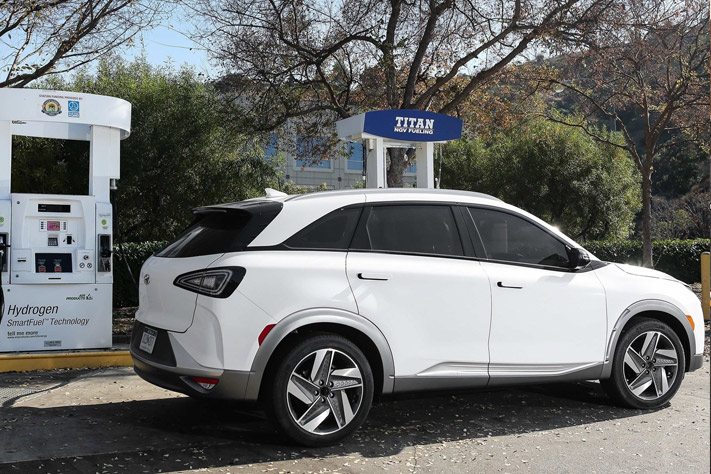
“Our electric vehicle sales volume is 10 times more than hydrogen sales,” he said. “And our sales volume of pure electric vehicles is already sixth position in the world, so we are not behind and we now have two tacks.
“In the long term these two technologies can be co-existing. In [situations that require] big distances, hydrogen can be a big benefit, but in a city where distances are less than 100km, EVs are very beneficial.”
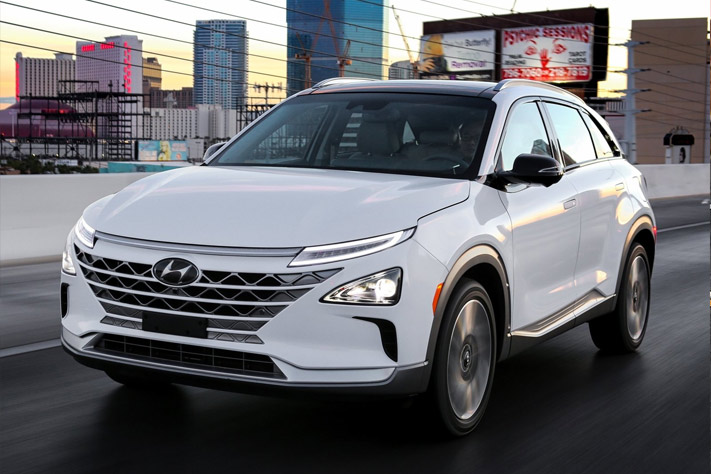
“Last year we sold around 20,000 pure electric vehicles and that grows to 35,000 if we include Kia,” said Lee. “But this year we will announce an additional electric vehicle with a very long distance, almost 300 miles (483km). This year we will introduce the Kona electric vehicle, Kia Niro electric vehicle and the other one is … too early to say the name of the car.”
With no name or concrete details to shed any further light, Hyundai insiders speculated the forthcoming EV could also be the new Kia Soul given Lee oversees development for both companies.


